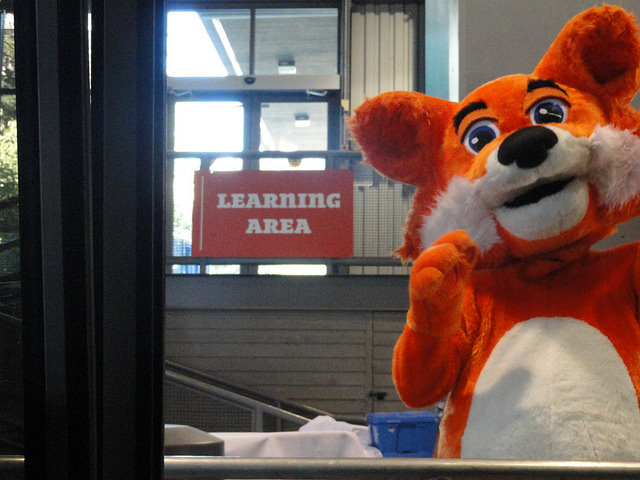The MDN community was well-represented at the Mozilla “Coincidental Work Week” in Whistler, British Columbia, during the last week in June. All of the content staff, a couple of the development staff, and quite a few volunteers were there. Meetings were met, code was hacked, docs were sprinted, and fun was funned.

Photo by Julien Sphinx / CC-BY-NC
Cross-team conversations
One of the big motivations for the “Coincidental Work Week” is the opportunity for cross-pollination among teams, so that teams can have a high-bandwidth conversations about their work with others. MDN touches many other functional groups within Mozilla, so we had a great many of these conversations. Some MDN staff were also part of “durable” (i.e., cross-functional) teams within the Engagement department, meeting with product teams about their marketing needs. Among others, MDN folks met with:
- Add-ons, about future plans for add-ons.
- Mozilla Foundation, about MDN’s role in broader learning initiatives, and about marketing themes for the last half of the year.
- Firefox OS, about their plans in the next six months, and about increasing participation in Firefox OS.
- Developer Relations and Platform Engineering, about improving coordination and information sharing.
- Firefox Developer Tools, about integrating more MDN content into the tools, and making the dev-tools codebase more accessible to contributors.
- Participation, to brainstorm ways to increase retention of MDN contributors.
Internal conversations
The MDN community members at Whistler spent some time as a group reflecting on the first half of the year, and planning and prioritizing for the second half of the year. Sub-groups met to discuss specific projects, such as the compatibility data service, or HTML API docs.
Hacking and sprinting
Lest the “Work Week” be all meetings, we also scheduled time for heads-down productivity. MDN was part of a web development Hack Day on Wednesday, and we held doc sprints for most of the day on Thursday and Friday. These events resulted in some tangible outputs, as well as some learning that will likely pay off in the future.
- Heather wrote glossary entries and did editorial reviews.
- Sebastian finished a new template for CSS syntax.
- Sheppy worked on an article and code sample about Web RTC.
- Justin finished a prototype feature for helpfulness ratings for MDN articles.
- Saurabh prototyped an automation for badge nominations, and improved CSS reference pages’ structure and syntax examples.
- Klez got familiar with the compatibility service codebase and development workflow; he also wrote glossary entries and other learning content.
- Mark learned about Kuma by failing to get it running on Windows.
- Will finished a patch to apply syntax highlighting to the CSS content from MDN in Dev Tools.
And fun!
Of course, the highlight of any Mozilla event is the chance to eat, drink, and socialize with other Mozillians. Planned dinners and parties, extracurricular excursions, and spontaneous celebrations rounded out the week. Many in the MDN group stayed at a hotel that happened to be a 20-minute walk from most of the other venues, so those of us with fitness trackers blew out our step-count goals all week. A few high points:
- Chris celebrated his birthday at the closing party on Friday, at the top of Whistler mountain.
- Mark saw a bear, from the gondola on the way up to the mountain-top party.
- Saurabh saw snow for the first time. In June, no less.